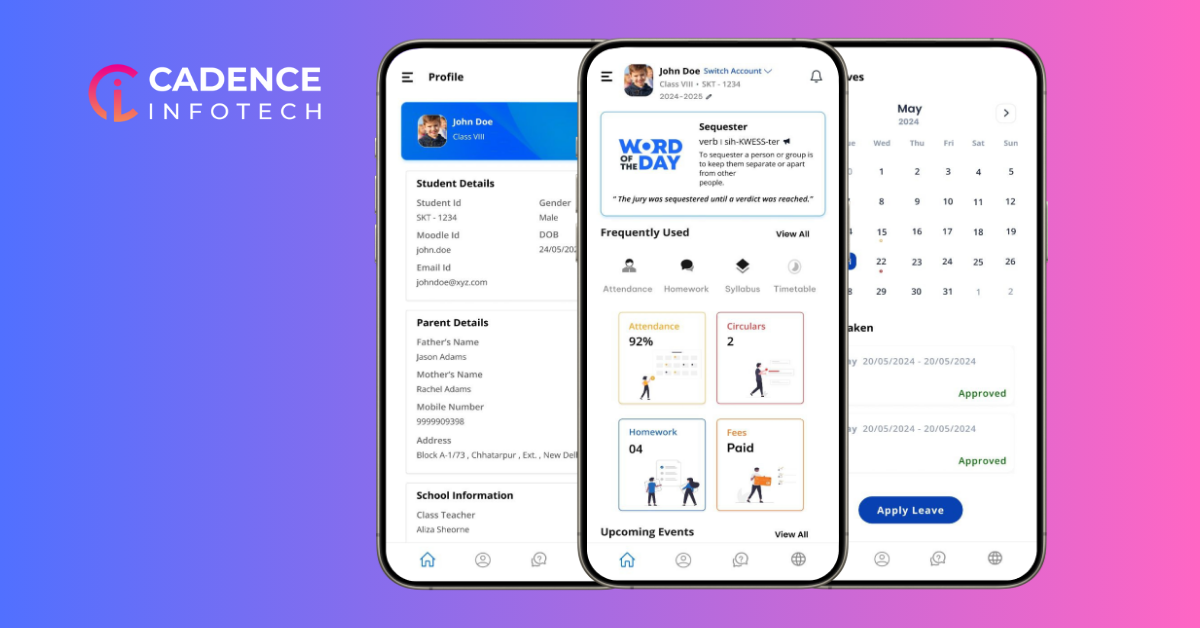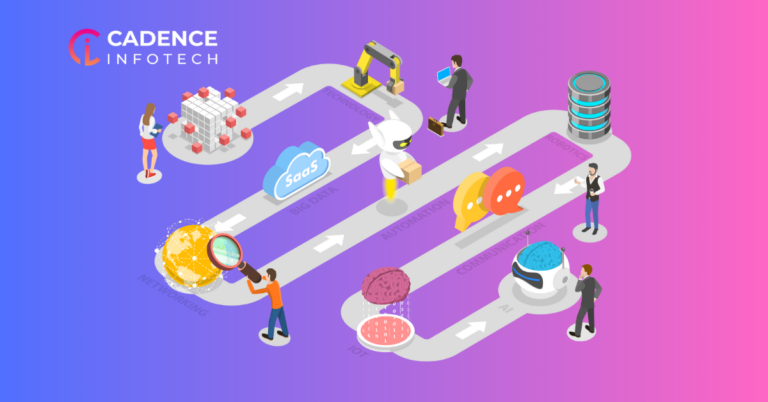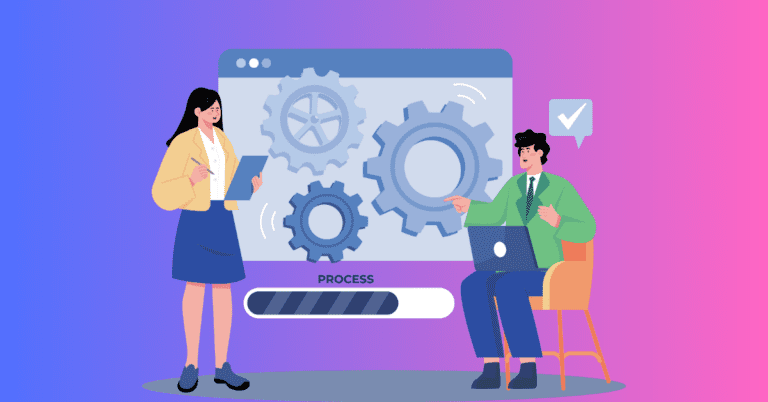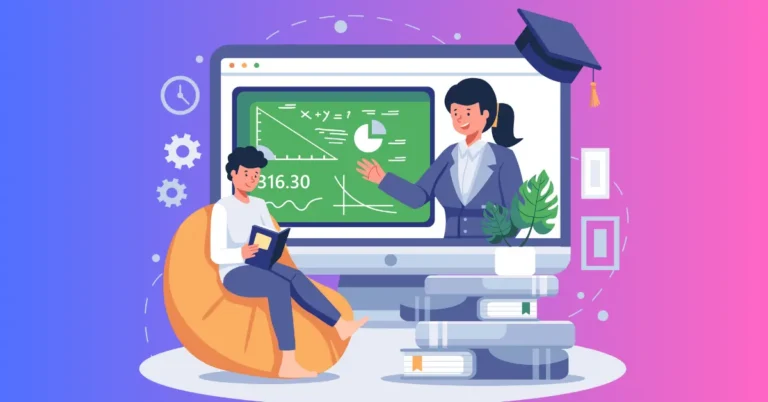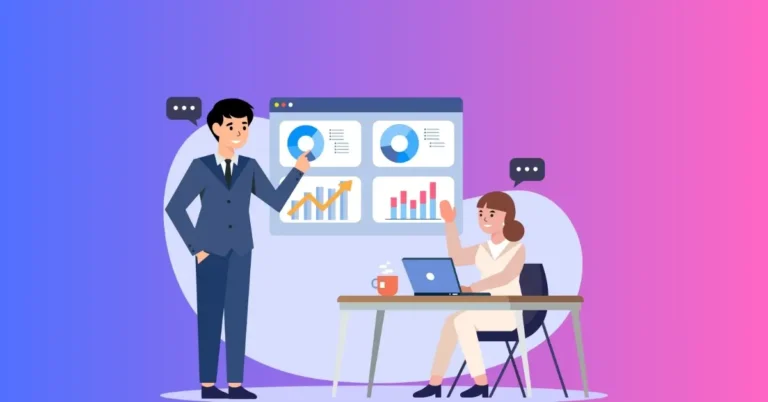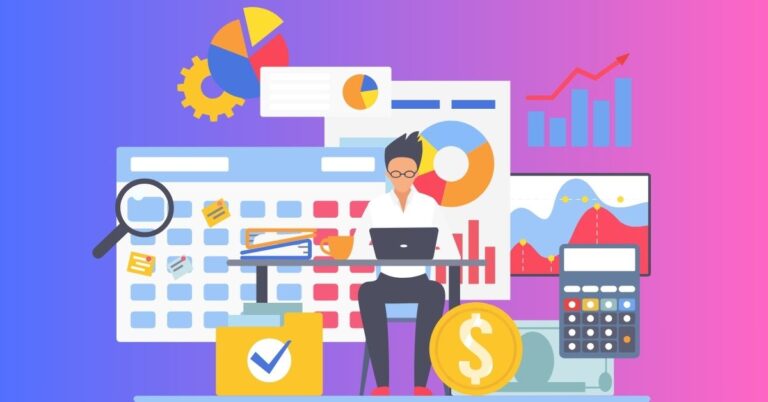Education is rapidly evolving, with personalized learning emerging as a key approach to address diverse student needs. Unlike traditional methods, which often adopt a one-size-fits-all strategy, personalized learning tailors educational experiences to individual strengths, weaknesses, and goals.
A Learning Management System (LMS) is at the forefront of this transformation, offering the tools needed to create dynamic, customized learning paths. By combining adaptive content, data-driven insights, and flexible teaching modes, a comprehensive LMS not only enhances student engagement but also drives measurable improvements in performance.
In this blog, we explore how an LMS personalizes learning and empowers students to reach their full potential.
Understanding Personalized Learning
Imagine a classroom where every student learns at their own pace. Meet Sarah, a high school student who struggles with math but excels in science. In a traditional setup, Sarah might feel overwhelmed in math class and bored in science class because the teaching pace doesn’t match her needs. However, with personalized learning, Sarah’s experience changed completely.
An advanced Learning Management System (LMS) identifies Sarah’s weak areas in math and provides her with interactive tutorials, practice quizzes, and additional resources to build confidence. At the same time, it challenges her in science with advanced modules and real-world problem-solving tasks.
This is personalized learning—tailoring the teaching approach to fit each student’s strengths, challenges, and learning styles. Using technology ensures that no student feels left behind while encouraging them to grow in areas where they excel. This method not only boosts confidence but also improves overall performance and engagement.
With tools like adaptive learning paths and real-time feedback, an LMS makes this learning accessible for all, transforming education into a more inclusive and effective process.
What Are Some Must-Have LMS Features for Personalized Learning
A comprehensive Learning Management System (LMS) needs specific features to deliver a truly personalized learning experience. Here are five essential features every LMS should have:
- Adaptive Learning Paths
An LMS with adaptive learning capabilities tailors content and progress based on a student’s performance. For example, if a student struggles with a topic, the LMS can provide extra resources or practice exercises, while advanced learners can move on to more challenging material.
- Data Analytics and Insights
Personalized learning thrives on data. An LMS should track student activity, test scores, and engagement patterns to generate insights that help educators understand where students excel or need more support.
- Gamification and Interactive Tools
Adding gamification elements like badges, leaderboards, and interactive quizzes keeps students motivated and engaged. This feature makes learning enjoyable while catering to different learning styles.
- Flexible Content Delivery
Every student learns differently—some prefer videos, others might benefit from text-based resources or interactive simulations. An LMS should support multiple formats to cater to various learning preferences.
- Real-Time Feedback and Assessments
Immediate feedback helps students correct mistakes and improve faster. An LMS should offer tools like auto-graded quizzes and instant progress reports to keep the learning journey smooth and informed.
- Integration with Other Tools
A good LMS integrates seamlessly with other educational tools, such as virtual classrooms or communication platforms. This ensures a holistic learning experience by connecting all necessary resources in one place.
These features not only make learning more personalized but also help educators save time and focus on what truly matters—supporting student growth and success.
How does Personalized Learning Impact Student Performance?
Personalized learning tailors education to meet the unique needs of each student, creating an environment where they can thrive. By focusing on individual strengths and addressing weaknesses, this approach boosts confidence and engagement, leading to tangible improvements in academic performance. Here’s how personalized learning impacts students:
- Boosts Engagement and Interest
When students learn at their own pace and explore topics they enjoy, they stay more engaged. Interactive and relevant content makes learning enjoyable, encouraging active participation.
- Addresses Individual Learning Gaps
Personalized learning identifies areas where students need more help and provides targeted support. This ensures that students fully understand foundational concepts before moving on to advanced topics.
- Builds Confidence and Motivation
Tailored learning experiences empower students to succeed at their level, fostering a sense of accomplishment. Success in smaller, achievable goals motivates them to tackle more complex challenges.
- Encourages Autonomy and Responsibility
Students gain control over their learning journey, choosing when and how they study. This independence nurtures critical thinking, problem-solving skills, and self-discipline.
- Enhances Retention and Understanding
Learning materials adapted to individual styles (visual, auditory, etc.) make it easier for students to absorb and retain knowledge. Repeated exposure to challenging topics through customized activities reinforces learning.
- Improves Academic Outcomes
Personalized learning ensures that each student’s potential is maximized, resulting in better grades and test performance. It creates a strong foundation for future learning, equipping students with the skills they need to excel.
By placing the student at the center of the learning process, personalized learning not only enhances performance but also fosters a love for learning that lasts a lifetime.
Future of Personalized Learning with LMS
The future of personalized learning lies in leveraging advanced technologies like artificial intelligence (AI) and machine learning within Learning Management Systems (LMS). These tools will enable even more precise adaptation to individual student needs by analyzing real-time data and predicting learning patterns. Virtual reality (VR) and augmented reality (AR) are set to make lessons immersive and engaging, while seamless integration with other educational tools will create unified learning ecosystems.
As LMS platforms evolve, they will empower educators to deliver hyper-personalized, accessible, and inclusive education, ensuring that every student has the tools to succeed in an increasingly digital world.

